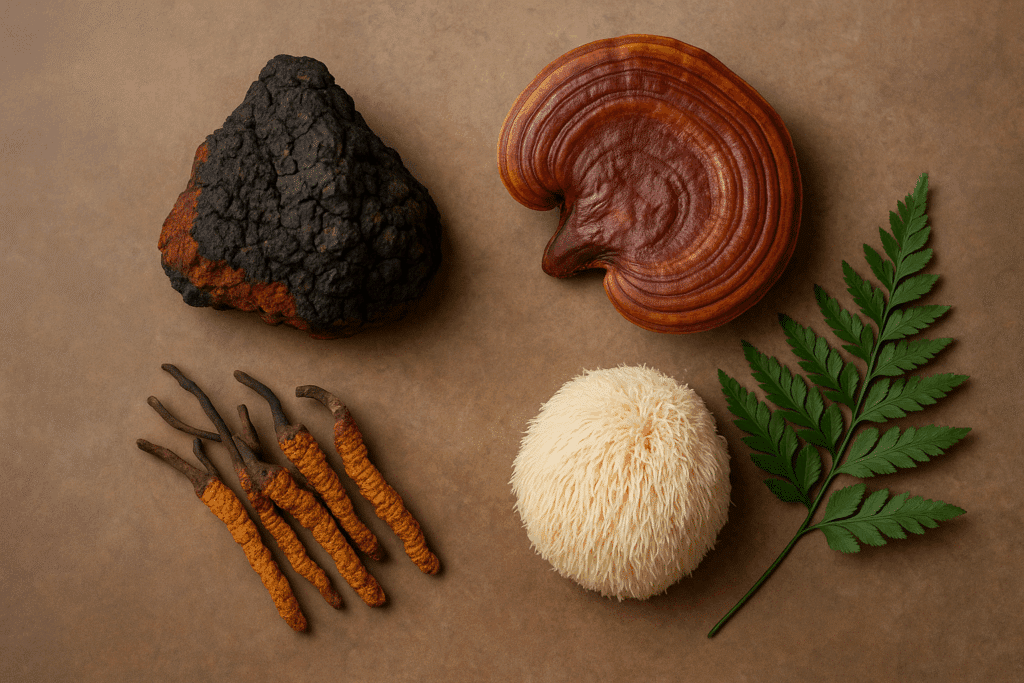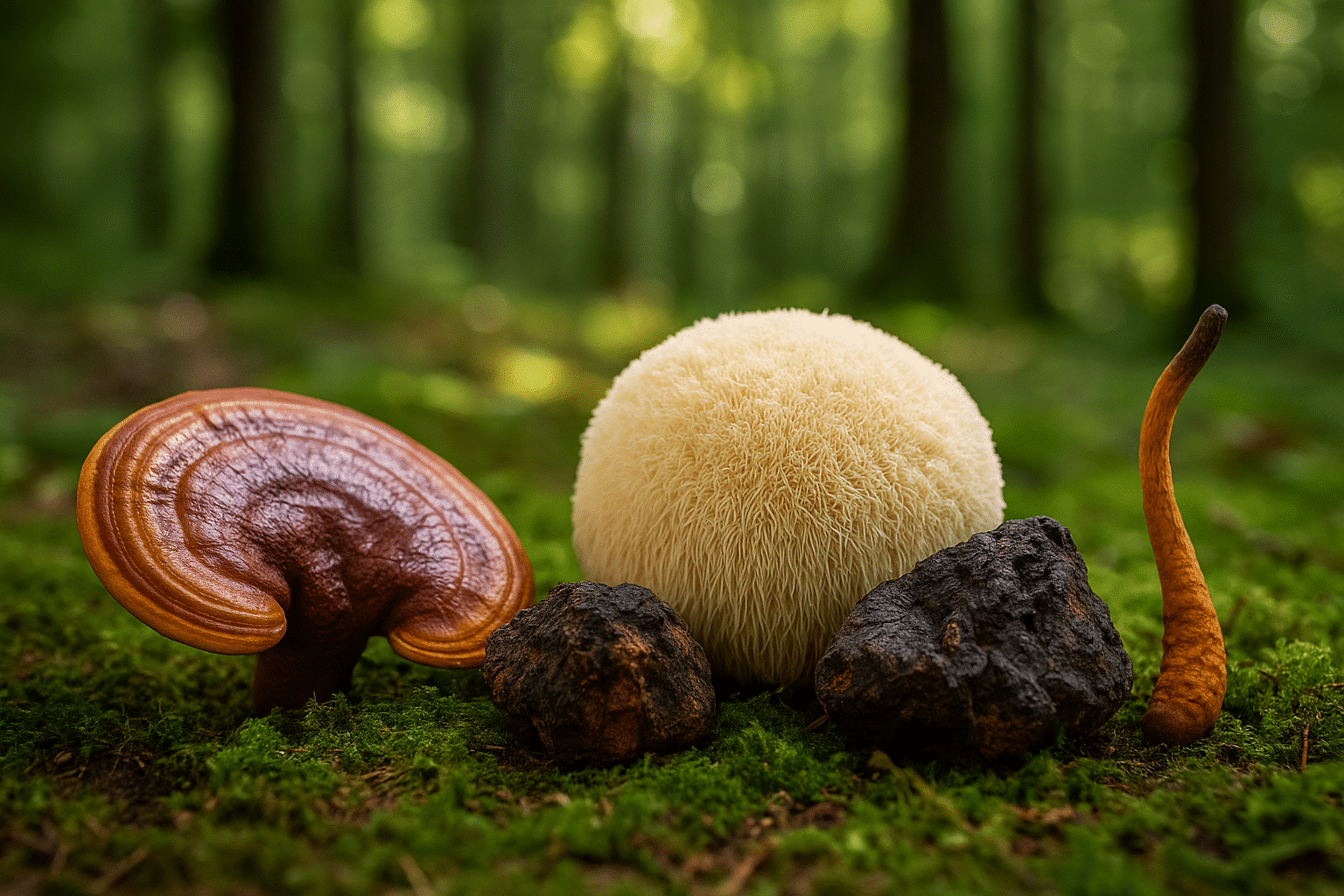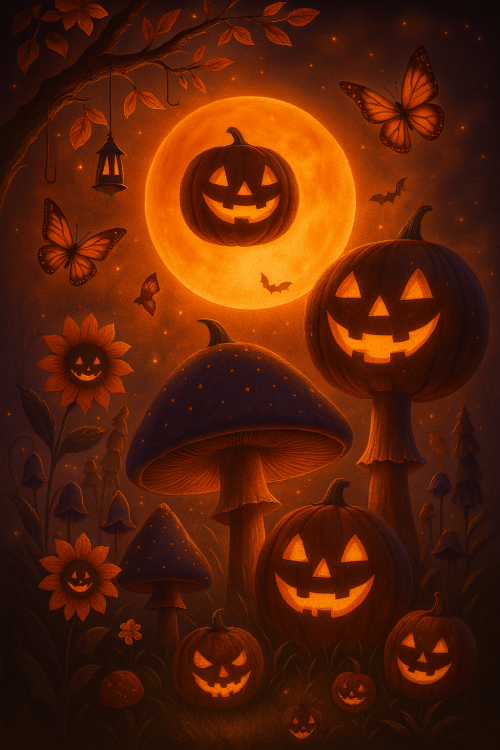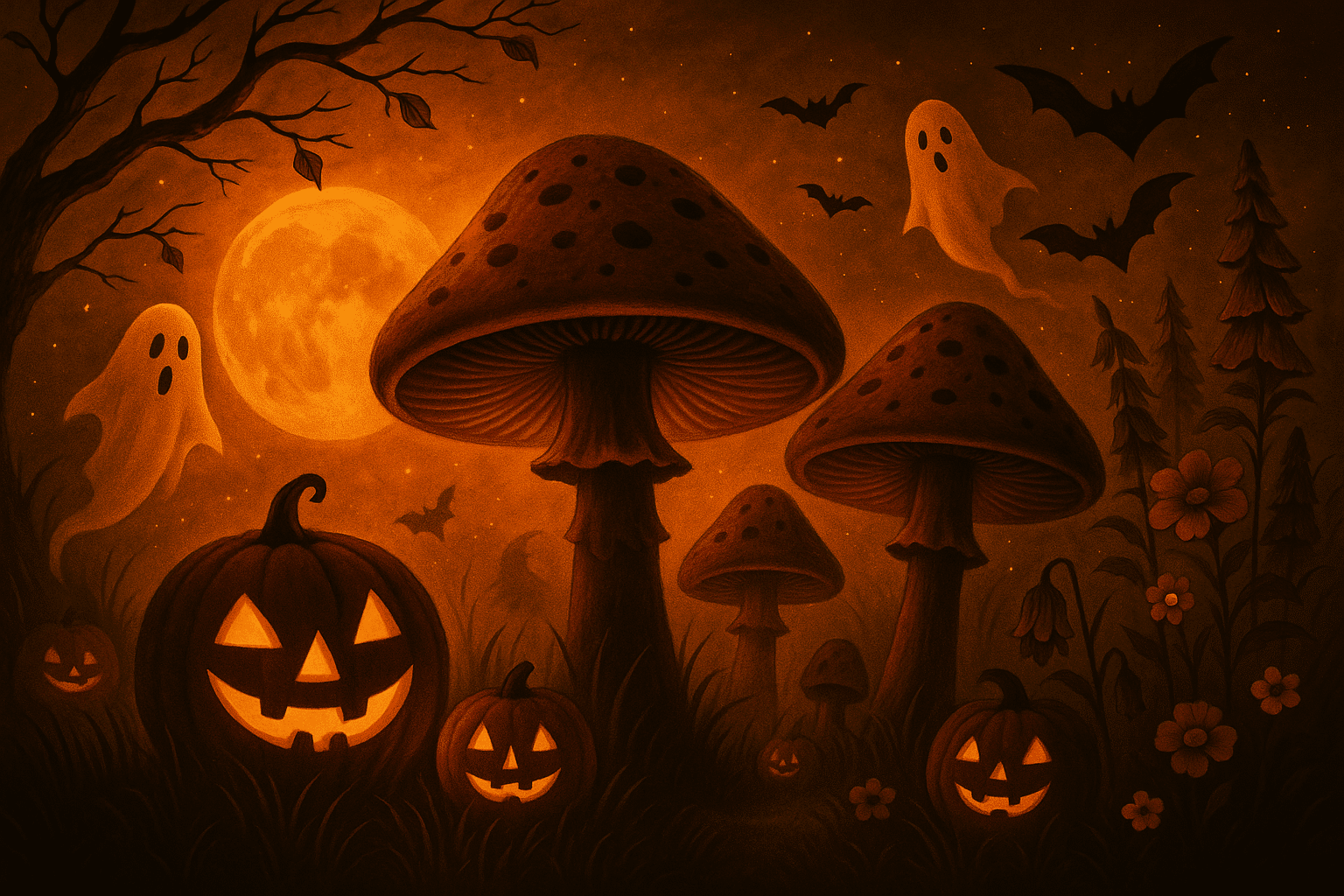
Is there anyone today who does not suffer from stress or anxiety and is looking for ways to better deal with it? The world has changed a lot in recent years. If we are always under pressure, it can greatly affect our health. Some people use medicinal mushrooms as a complementary remedy for stress and anxiety, although the scientific evidence for this is still developing.
People use medicinal mushrooms for centuries because of their powerful effects on health. They can help with resistance problems and have adaptogenic properties that can help the body cope better with stress. Furthermore, many of these mushrooms contain B vitamins, which are known to be important in stress. These vitamins are important for the proper functioning of the nervous system.
We just mentioned that mushrooms are adaptogens. But what are they? Adaptogens are plants or mushrooms that help the body respond appropriately to stress, anxiety or fatigue. Something can be called adaptogenic if it:
Adaptogens do their work by regulating certain hormonal systems that play a role in the stress response. On top of that, they can combat mental fatigue, which can help reduce the impact of stress on your normal functioning. Some examples of adaptogens are ashwaghandha, rhodiola and maca, and so are medicinal mushrooms. Below are a top 4 medicinal mushrooms that can be used for anxiety and stress.
Keep in mind that medicinal mushrooms are not suitable for everyone. Especially don’t use them if you know you are hypersensitive to mushrooms. Start with a low dose and if you notice unexpected reactions, stop using.
One of the properties of Reishi (Ganoderma lucidum) is that it can modulate the immune system and support the stress response. There is evidence from small-scale studies that Reishi may reduce fatigue. However, these findings have not yet been confirmed in large-scale studies in humans
From research (Improving Training Condition Assessment in Endurance Cyclists: Effects of Ganoderma lucidum and Ophiocordyceps sinensis Dietary Supplementation) suggests that Reishi contains bioactive compounds, such as triterpenoids and polysaccharides, that help the body adapt to stress. They affect the function of the HPA axis (hypothalamic-pituitary-adrenal axis). This causes regulation of stress hormones such as cortisol and adrenaline.
This mushroom further has a relaxing and calming effect, so it can promote a good night’s sleep. Especially in times of stress, sleeping well can make a world of difference. Reishi is therefore an option for sleep problems.
Although there is growing evidence that Reishi can help protect the body from stress, the studies are still small-scale and mostly conducted on animals. More research is needed to shed more light on Reishi’s effects on stress.
Cordyceps is another medicinal mushroom often used for anxiety and stress. Traditionally, Cordyceps has been known in Asia as a mushroom that can give energy and reduce fatigue. As a supplement, it can counteract the effects of stress by allegedly supporting the adrenal glands.
There are 35 different species of Cordyceps mushrooms found with properties that can support our health. Almost all of them also have adaptogenic effects. For example, there is research done on rats showing that Cordyceps can reduce stress markers during a stress-inducing activity. The effect has also been studied in humans. In a study conducted in 2014, 18 men participated, taking a combination of Rhodiola crenulata and Cordyceps sinensis. They trained at high altitude.
It turned out that when they took 1400 mg of Rhodiola and 600 mg of Cordyceps every day, for 2 weeks, it led to improvements in stress response and fatigue, compared with a placebo. Again, these studies were either small-scale or conducted on animals. In addition, in the last study it was not possible to say with certainty, which of the 2 supplements was responsible for the mentioned effects. So more well-designed research is needed.
Chaga is a mushroom that contains high concentrations of the antioxidant enzyme superoxide dismutase. This little substance can neutralize damage caused by free radicals. In Siberia, it was traditionally used by nature peoples to help the body endure the harsh winters. So when you suffer from stress, Chaga can also be used as a supplement.
Lion’s Mane can also be used in times of stress. This medicinal mushroom was historically valued primarily for its impact on cognitive function, but also because it is nourishing to the nervous system. When you suffer from stress, brain fog is a common complaint. According to some studies, Lion’s Mane could play a role in cognitive functions, but these effects have not yet been sufficiently proven in human studies
Possibly the mushroom can also help stabilize levels of serotonin and dopamine. This is evident from the study Reduction of depression and anxiety by 4 weeks of Hericium erinaceus intake, published in 2010 in Biomedical Research. These two neurotransmitters are important for mood. As a result, Lion’s Mane may also potentially help with sleep problems and anxiety, and help reduce depressive symptoms, especially in menopausal women.

We are learning more and more about the various properties of medicinal mushrooms for anxiety and stress. It seems that they contain valuable substances that can help support our bodies. Still, we are far from knowing everything, and caution should also be exercised when using supplements.
Some mushrooms can cause side effects. For example, Reishi can cause dizziness and headaches and Lion’s Mane appears to be able to cause allergic reactions. Also, it’s better not to take medicinal mushrooms if you are taking medication for your blood pressure or if you have problems with blood clotting. If you are considering using medicinal mushrooms, consult with your doctor first.
The information in this blog is for informational purposes only and is not a substitute for professional medical advice, diagnosis or treatment. Always consult a doctor or qualified health care provider before taking supplements such as medicinal mushrooms, especially if you have health problems or are taking medications.
Medicinal mushrooms are sometimes used to supplement a healthy lifestyle, but they do not replace medical treatment for stress or anxiety disorders. The effects listed are based on preliminary or small-scale studies; more scientific evidence is needed to definitively establish their efficacy in humans. Use them with caution and preferably in consultation with a health care provider.


Valid from Oct 21 to Nov 2, 2025
Use the code below at checkout to receive 15% off your entire order.
